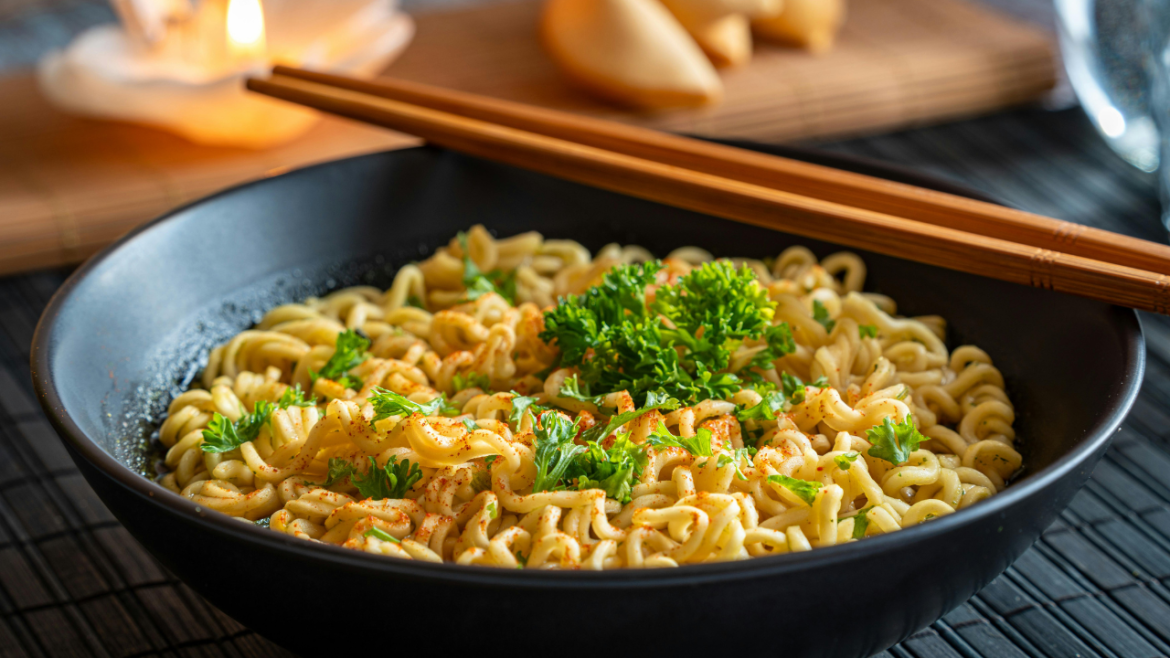Did you know that Leading Edge Senior Care has a Dementia Support Group? We meet monthly In Mesa. For more details <click here>
Should Seniors Have High-Protein Meals?
Aging brings many changes, both physically and nutritionally. As seniors grow older, their bodies require more attention to diet and lifestyle choices. One of the most debated topics in senior nutrition is protein intake. Should seniors have high-protein meals? The answer is a resounding yes.
Protein is a crucial macronutrient that plays a fundamental role in muscle maintenance, immune function, and overall health. For seniors, it becomes even more essential as muscle mass naturally declines with age, making them more vulnerable to weakness and falls. Despite this, many older adults fail to consume enough protein, putting their health at risk.
The Importance of Protein for Seniors
Protein is often associated with building muscle, but its benefits extend far beyond that. For seniors, protein is necessary to preserve muscle strength, repair tissues, and maintain immune system function. Without adequate protein, the body struggles to recover from illnesses, injuries, and even daily wear and tear.
Another vital aspect of protein intake is its role in preventing sarcopenia, the age-related loss of muscle mass. Sarcopenia contributes to frailty, making everyday activities like walking, standing, and lifting objects more difficult. High-protein meals help slow down this process, ensuring seniors remain active and independent for longer.
Additionally, protein plays a role in maintaining healthy bones. As people age, bone density decreases, increasing the risk of fractures and osteoporosis. Consuming enough protein, along with calcium and vitamin D, supports bone health and reduces the risk of injury.
How Much Protein Do Seniors Need?
The recommended dietary allowance (RDA) for protein varies by age and activity level. For seniors, experts suggest consuming at least 1.0 to 1.2 grams of protein per kilogram of body weight daily. However, those recovering from illness or dealing with chronic conditions may need even more.
A lack of protein can lead to muscle weakness, slower healing, and increased vulnerability to infections. Unfortunately, many seniors struggle to meet their protein needs due to reduced appetite, dental issues, or difficulty preparing meals.
The Best Protein Sources for Seniors
Not all protein sources are created equal. Seniors should focus on high-quality protein that provides essential amino acids for muscle repair and overall health. Some excellent sources include:
- Lean meats like chicken, turkey, and lean cuts of beef
- Fish and seafood, especially those rich in omega-3 fatty acids like salmon
- Eggs, a complete protein source that is easy to prepare
- Dairy products such as Greek yogurt, cottage cheese, and milk
- Plant-based proteins like beans, lentils, tofu, and quinoa
- Protein supplements for those struggling to get enough through food
Eating a variety of these protein sources ensures seniors receive the necessary nutrients to support their health. Mixing protein with fiber-rich foods like vegetables and whole grains also enhances digestion and overall well-being.
Can Too Much Protein Be Harmful?
While protein is beneficial, balance is key. Excessive protein intake may strain the kidneys, particularly in seniors with kidney disease. It’s essential to consult a healthcare provider to determine the right amount of protein based on individual health conditions.
Additionally, some high-protein diets may lack fiber and other essential nutrients. Ensuring a well-rounded diet that includes fruits, vegetables, and healthy fats prevents nutritional imbalances.
The Link Between Protein and Weight Management
Maintaining a healthy weight is important for seniors, and protein can help with that too. Protein-rich meals promote satiety, reducing the likelihood of overeating and unhealthy snacking. This is especially beneficial for seniors managing diabetes or other metabolic conditions.
For those struggling with weight loss due to aging or illness, increasing protein intake can help preserve muscle mass while preventing excessive weight loss. In both cases, protein supports overall health and energy levels.
Tips to Incorporate More Protein Into a Senior’s Diet
Many seniors have difficulty consuming enough protein due to reduced appetite or difficulty chewing. Simple dietary adjustments can make a significant difference.
- Start the day with protein: Eggs, Greek yogurt, or a protein smoothie can provide an easy boost.
- Incorporate protein into every meal: Adding lean meats, beans, or dairy to meals ensures a steady intake.
- Snack smart: Cheese, nuts, and protein bars are convenient options for in-between meals.
- Use protein-rich soups and stews: Soft foods like lentil soup or chicken stew are easier to consume.
- Consider protein powders: Adding a protein supplement to a smoothie or oatmeal can help fill gaps in intake.
The Emotional and Physical Benefits of a Protein-Rich Diet
Beyond the physical benefits, adequate protein intake contributes to mental and emotional well-being. Seniors who consume enough protein often feel stronger, more energetic, and capable of engaging in daily activities.
Having the ability to move freely, maintain independence, and recover quickly from injuries fosters confidence. A well-balanced, protein-rich diet is not just about nutrition—it’s about maintaining quality of life.
Conclusion
Seniors should absolutely have high-protein meals as part of their daily nutrition. Protein helps maintain muscle strength, supports bone health, aids in recovery, and improves overall well-being. As aging presents challenges, prioritizing protein intake ensures seniors remain strong, active, and independent.
By choosing the right protein sources, maintaining balance, and incorporating protein-rich foods into meals, seniors can enjoy better health and longevity. It’s never too late to improve nutrition, and a protein-rich diet is one of the best ways to support healthy aging.

